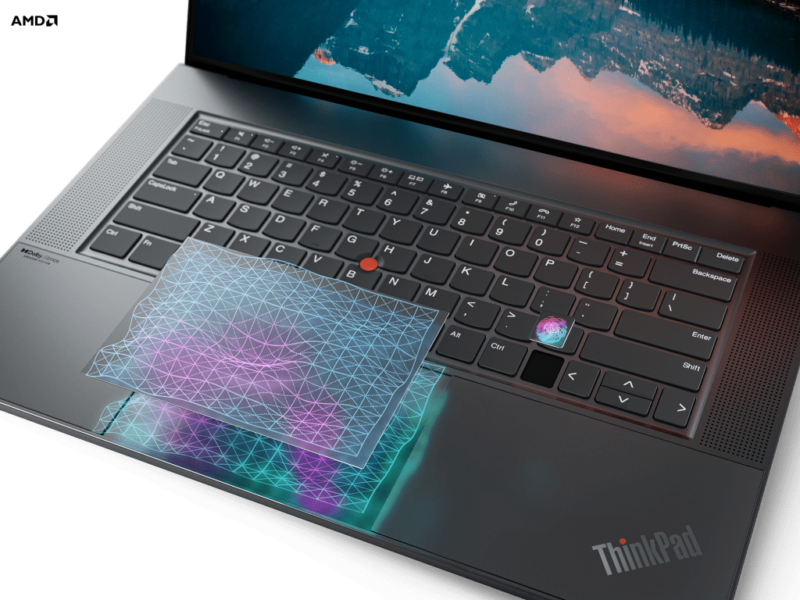Tag Archive for: laptop
The features every business laptop needs > NAG
/in Internet Security
By Renasha Papiah Product Manager at Acer
Is laptop security a concept you can’t quite get your head around? Regardless of whether you’re all clued up or still unsure about certain terminology, this article will help simplify exactly what you need to know about important business laptop security features.
Is security software all you need? With cybercriminals pulling out all the stops to get into your personal or business device, it’s time to put barriers in place to deter intruders at every turn. That includes software and hardware security solutions. Fortunately, the Acer TravelMate range boasts ample features to secure the data you hold dear. However, more on that later…
Back to basics
First, it’s important to distinguish between hardware and software. Hardware is the term used to describe all the laptop components you can see and touch. Things such as the screen, keyboard, and the machinery inside the laptop, such as the motherboard, GPU and cooling fans.
Software, on the other hand, refers to the files and programs you upload or that are installed to make the device work. This includes your operating system (Windows), the programs you use to surf the web, write emails and create presentations, as well as the files that add security to your laptop, such as anti-spyware, firmware or Internet security.
The tricky part is that if you don’t have adequate security features in place, cybercriminals can strike where it hurts most: your software. From there, an attack can corrupt other files and leave hardware damaged, too.
Breaking down the risks
Most of us have heard about viruses, Trojans and worms, but that’s not where malware threats end. Your software can succumb to other types of attacks, such as rootkits, which are designed to conceal themselves in your device, giving attackers administrative access and the ability to make changes without your permission. Hybrid attacks feature a combination of one or more tools, making them even more malicious and dangerous.
In terms of hardware attacks, these could come in the form of cloning, where everything on your PC is duplicated for an attacker’s use. Attackers can also break…
Basic computer security for beginners. Viruses, Trojans, Ransomware, Malware. How to fight back.
/in Video
Coming to a laptop near you: A new type of security chip from Microsoft
/in Computer Security

In November 2020, Microsoft unveiled Pluton, a security processor that the company designed to thwart some of the most sophisticated types of hack attacks. On Tuesday, AMD said it would integrate the chip into its upcoming Ryzen CPUs for use in Lenovo’s ThinkPad Z Series of laptops.
Microsoft already used Pluton to secure Xbox Ones and Azure Sphere microcontrollers against attacks that involve people with physical access opening device cases and performing hardware hacks that bypass security protections. Such hacks are usually carried out by device owners who want to run unauthorized games or programs for cheating.
Now, Pluton is evolving to secure PCs against malicious physical hacks designed to install malware or steal cryptographic keys or other sensitive secrets. While many systems already have trusted platform modules or protections such as Intel’s Software Guard Extensions to secure such data, the secrets remain vulnerable to several types of attacks.
One such physical attack involves placing wires that tap the connection between a TPM and other device components and extract the secrets that pass between the machines. Last August, researchers disclosed an attack that took only 30 minutes to obtain the BitLocker key from a new Lenovo computer preconfigured to use full-disk encryption with a TPM, password-protected BIOS settings, and UEFI SecureBoot. The hack—which worked by sniffing the connection between the TPM and the CMOS chip—showed that locking down a laptop with the latest defenses isn’t always enough.
A similar attack unveiled three months later showed it was possible to exploit a vulnerability (now fixed) in Intel CPUs to defeat a variety of security measures, including those provided by BitLocker, TPMs, and anti-copying restrictions. Attacks known as Spectre and Meltdown have also repeatedly underscored the threat of malicious code pulling secrets directly out of a CPU, even when the secrets are stored in Intel’s SGX.
A new approach
Pluton is designed to fix all of that. It’s integrated directly into a CPU die, where it stores crypto keys and other secrets in a walled-off garden that is completely isolated…



